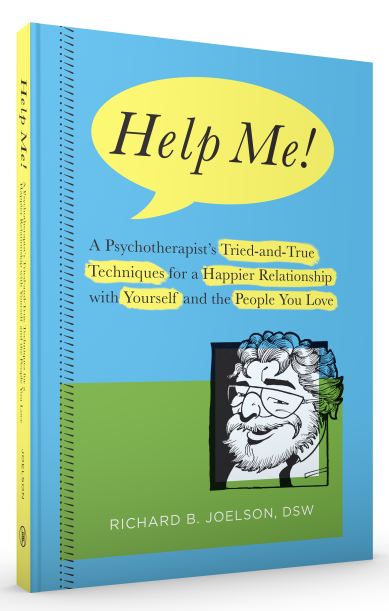
Image by enriquelopezgarre from Pixabay
Balancing the needs of the individual and the couple…
This intriguing question–in so many variations–has been asked by many people who are struggling with both the joys and the consequences of being involved in a serious romantic partnership. For some, being single is a most desirable state and valued for the many freedoms and opportunities it affords. Many people choose to be single and resist serious romantic involvements because they do not wish to complicate their independent and autonomous lives. For others, being single is a time of waiting; waiting to be partnered so they can, as one patient remarked, “feel whole again.” For them, being single is unacceptable or, worse, a possible indication that they are undesirable, as in “nobody wants me.”
Laura, in her mid-fifties, was recently divorced after a ten-year second marriage. She told me that she was enjoying being alone, finding it quite different from the unacceptably lonely existence she envisioned when she first contemplated leaving her husband. Her enjoyment was much more than simply the relief of being out of a conflict-ridden marriage. Her single status was a time of discovery and a cherished opportunity to learn things about herself and about the world around her that she never seemed to have the inclination to do while in the throes of her failing relationship. As a result, Laura has chosen not to become involved with another romantic partner, something she had previously imagined she would find necessary. She told me that she was very busy reestablishing relationships with friends whom she knowingly avoided or even neglected throughout her marriage: “Hal didn’t like my friends so I just assumed I could not be with them as long as I was with him.” She rediscovered her love of music (“Hal hated music!”) and began taking evening courses to help her become more knowledgeable about politics, economics, and art (“Hal hated it when I would go out at night without him and he never wanted to go anywhere so we just stayed home”). As Laura put it, “As long as there was an ‘us,’ there really wasn’t a ‘me’.”
As you can see, Laura struggled throughout her marriage with what is sometimes referred to as “I and we” conflicts. When she would act in a separate and autonomous way, her husband would accuse her of neglecting him and not adequately investing in the marital relationship. Worried about his occasional threats to leave, Laura would capitulate, having become convinced that it was entirely up to her to save her marriage by making sure Hal was satisfied, even at the cost of her own individual happiness and well-being.
Laura’s story is not unique. There are many marital partners—both men and women—who somehow believe that the “us” is much more important, more valuable, more necessary than the “me,” and, therefore, live their lives accordingly. What gets lost is the working balance between the needs of the individual and those of the couple. Often, it is not until separation and divorce that they begin to recognize that without a healthy, solid, and well-nourished “I” within the “we,” a partnership may feel constricting or, worse, draining, in ways that make its long-term success unlikely.
